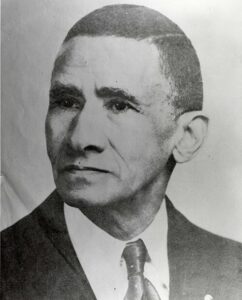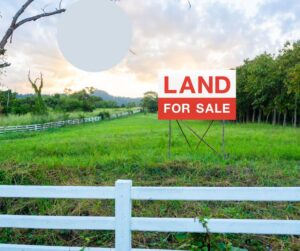If you are thinking about applying for a small business loan for your Black-owned business, one other thing you should definitely be thinking about is your credit score. No matter if you are a budding entrepreneur or a seasoned one, anytime anyone applies for a loan, the first thing that matters is your FICO or FICO SBSS scores.
What is a FICO score? A FICO score is the Fair Isaac Corporation credit scoring that ranges between 300 to 850 — 300 being the worst and 850 being the best. This is used for individuals who don’t have a business credit history, so lenders access the individual’s credit history. Wherever a person’s score is on that range can and will determine whether or not that person gets the loan and the conditions of the loan.
The FICO SBSS score is a credit scoring for businesses, and this is utilized for businesses that have a credit history. The FICO SBSS credit scoring range is different from the FICO in that it ranges from 0 to 300, zero being the worst and 300 being the best. Most businesses must have an FICO SBSS score that falls somewhere above 160, and other factors that determine the conditions of that loan such as employee count, revenue and how long the business has been up and running.
Both of these scores are useful in determining if one would qualify for small business loans, so prior to and during the launch of your business, one of the key items to focus on is gaining and maintaining a good history on paying your bills on time, use less than half of your approved credit line (don’t max it out), and also keeping your paid off credit cards open.

If you don’t have great credit, don’t give up on your start up business as there are options for those without good credit to gain access to a small business loan, and the lender could observe that your business has great revenue, a great, workable business plan and other strong items that could help overcome the weak credit score. Discover those options by contacting the SBA.
For more information on applying for a small business loan, click here.





More Related Stories
More Black American Midwives Are Needed Across the USA After Systemic Attacks Reduced Their Numbers in the 1900s
Purchase Land & Make it an Asset, Not a Liability
Need Money To Start a Business? Apply For a Business Loan Using These Steps